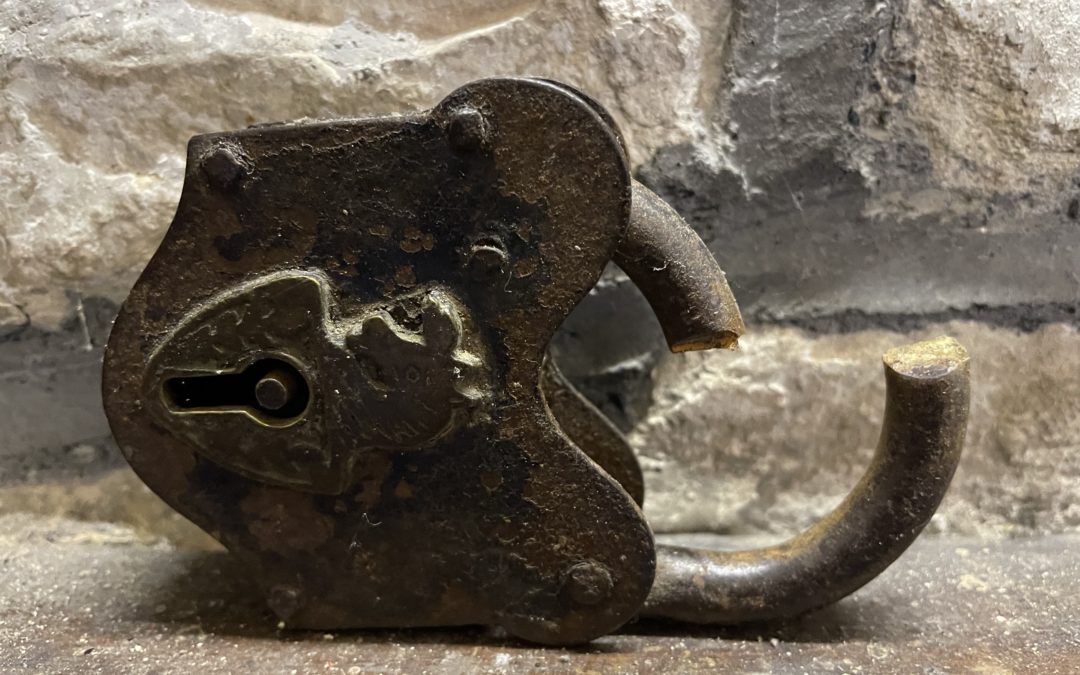This is a guest post by Victoria Butler Cole KC. Victoria is a barrister at 39 Essex and you can find her on Bluesky @torbc.bsky.social.
The BBC recently published an article about the experiences of a young woman who had spent time in a range of placements including children’s homes and what sound like unregulated placements. The article suggests that it was the use of a Deprivation of Liberty (DoL) order which meant that these frequent moves took place, causing trauma to the young woman: it says for example that the DoL order ‘caused ‘more trauma and more damage’ and saw her moved to seven children’s homes, a secure adult hospital and an activity centre as a child’, and that as a result of the increasing use of DoL orders, child are losing their freedom.
You can read the article here
‘Care order that restricted freedom as child left me traumatised’
What the article does not make clear is that these placements would have been arranged by the young woman’s local authority (save perhaps for the hospital placement) and that the care plans which stipulated that she was not allowed to come and go freely would have been care plans drawn up by the local authority. Instead, it refers to her social worker helping her to fight to “overturn the DoL”, as though the DoL order was imposed by a court or tribunal against the wishes of the local authority.
The impression given by the article is that DoL orders are the reason why children are being put in restrictive placements. That is wrong. Local authorities decide what care is appropriate for children and what they can offer by way of a placement outside the family if that is needed, and then ask the court to authorise those arrangements through a DoL order if the arrangements are very restrictive, for example involving 24 hour supervision in a locked placement.
The court that is asked to authorise the DoL order is not usually given other less restrictive options to choose from. It is told that the only available placement for the child is the one the local authority has put forward, and that there are no other ways to keep the child safe apart from 24 hour supervision and other restrictions. The court cannot magic up a different, less restrictive placement. In extreme circumstances, the court can refuse to authorise the local authority’s plans, but that may not result in an alternative option being found by the local authority that is much better. The courts have repeatedly complained about being put in the position of having to authorise arrangements by making DoL orders when the placements and care plans are clearly inadequate or even harmful to the child (see for example Wigan BC v Y (Refusal to Authorise Deprivation of Liberty) [2021] EWHC 1982 (Fam)).
In a recent judgment, HHJ Burrows explained the negative consequences that result from incorrectly seeing DoL orders as the source of arrangements for a child’s care, rather than the care plans produced by the relevant local authority:
“Unfortunately, when the Court authorises such a care plan that amounts to a “dol” it is seen as being mandatory, like the Court has imposed a prison sentence. That gives rise to an unfortunate misconception on the part of the people who are the subject of these orders that the order, while it remains in place, requires those providing care to keep them actually locked in and locked up.”
Re EM (Deprivation of Liberty, Care Planning & Costs) [2024] EWCOP 76 (T2)
The DoL order is permissive, not mandatory. It is not like authority to detain someone under the Mental Health Act 1983, where detention is required until the responsible clinician, hospital managers or the tribunal agree that it should end. The DoL order permits the local authority to implement its care plan, but it does not require that plan to be followed – if the restrictions can be reduced, they should be, and the DoL order does not prevent that from happening.
The other points made in the BBC article are valid and important – there is a crisis in the provision of appropriate social care for children and young people, particularly those with mental health needs. Courts are being asked to approve care plans that are draconian, do not involve adequate provision of psychological therapy and support, and which break down with alarming frequency. But the existence of DoL orders has not caused or contributed to these serious problems. The increasing number of such orders is a symptom, not a cause. Focusing on DoL orders in the way the BBC report does risks reinforcing incorrect assumptions about how DoL orders work and distracting focus from the real issue.
We have a small favour to ask!
The Transparency Project is a registered charity in England & Wales run largely by volunteers who also have full-time jobs. We’re working hard to secure extra funding so that we can keep making family justice clearer for all who use the court and work within it.
Our legal bloggers take time out at their own expense to attend courts and to write up hearings.
We’d be really grateful if you were able to help us by making a small one-off (or regular!) donation through our Just Giving page.
Thanks for reading!
